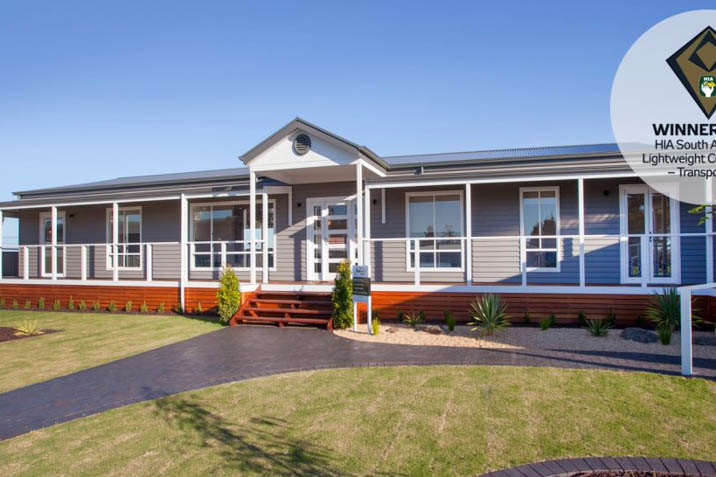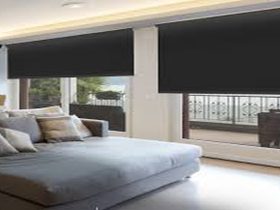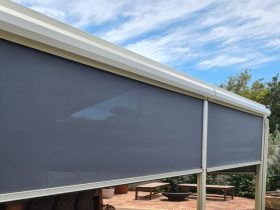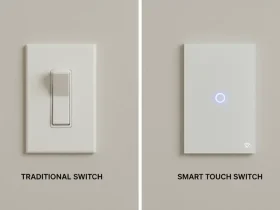Owners of relocatable homes enjoy a wonderful benefit: freedom from fixed residence. Relocatable homes enable business owners to benefit from the prospects offered in various states. This article explains in detail what a relocatable home is and what it’s like to possess one.
What is a relocatable house?
A relocatable house is a building planned and fabricated for simple transportation. It typically comes in prefabricated components that may be put together and taken apart as the homeowner needs.
Remember that relocatable homes are not the same as mobile homes; mobile homes are just structures that can be broken down and moved (sometimes older homes will fall into this category by chance), but relocatable homes are built with this purpose in mind.
Though they are frequently used synonymously, it’s vital to comprehend the differences between the two while keeping in mind that, frequently, even by businesses in the industry, these two expressions will be confused or used carelessly.
Relocatable houses endure various situations, such as being raised by cranes, transported at high speeds on truck beds, and exposed to the elements.
Kit homes, prefab homes, and modular homes are other names for relocatable homes, and this is due to the similarity between kit homes, modular homes, and prefab homes. The only distinction between a kit home and the other varieties of movable homes is that a kit home is a kind of prefab home that needs to be assembled on-site (each of the others comes fully formed).
Features
A relocatable house has the following unique qualities:
- Relocatable houses are constructed to be moved, most of which are built on permanently attached chassis on a slab, crawlspace, basement, or pier foundation.
- There are many different sizes and construction types of relocatable houses. Some people purchase a pre-completed (and, in some cases, even second-hand) relocatable house and have it delivered to the location. Still, most transportable homes are planned and built in a factory under the owner’s supervision before being delivered to their temporary location.
- Construction of relocatable homes is typically simpler and less expensive. One of the reasons people choose relocatable homes is probably a little obvious: mobility!
Relocatable homes vs. trailers
Since they are technically vehicles, caravans and trailers must abide by the same laws as other cars. However, movable residences must adhere to building regulations and obtain licenses. Always remember that state requirements can vary, so it’s better to get legal counsel before starting any construction to avoid problems and delays.
Relocatable homes vs. modular homes
Any residential building prefabricated at a manufacturing facility or assembly line qualifies as a modular home. While modular homes and movable homes are comparable in this regard, modular homes are constructed to last a lifetime. A foundation is laid for the building where the house will be placed.
conclusion
Large-scale architecture firms are starting to take notice of the rapidly growing commercial sector for relocatable homes. Owning one gives you the opportunity to benefit from the opportunities available around the country since you can move with it.










